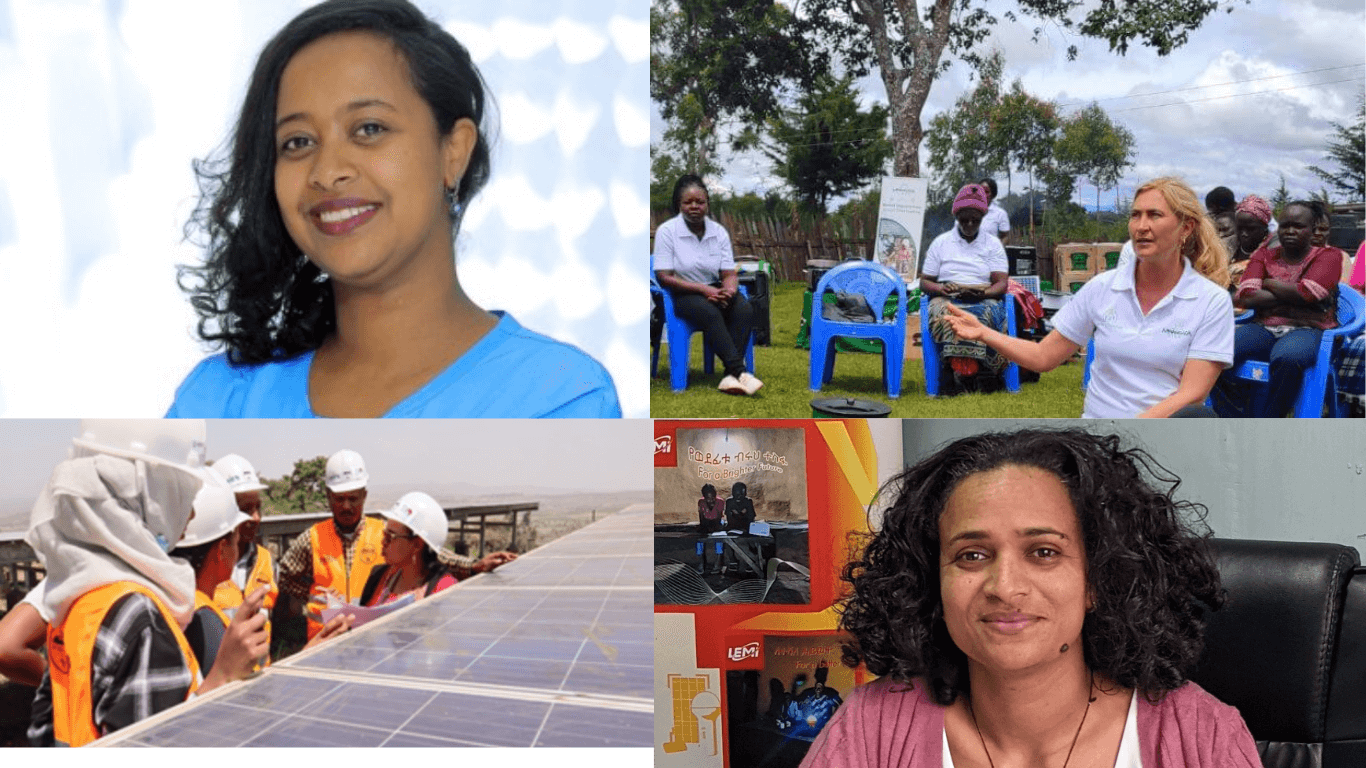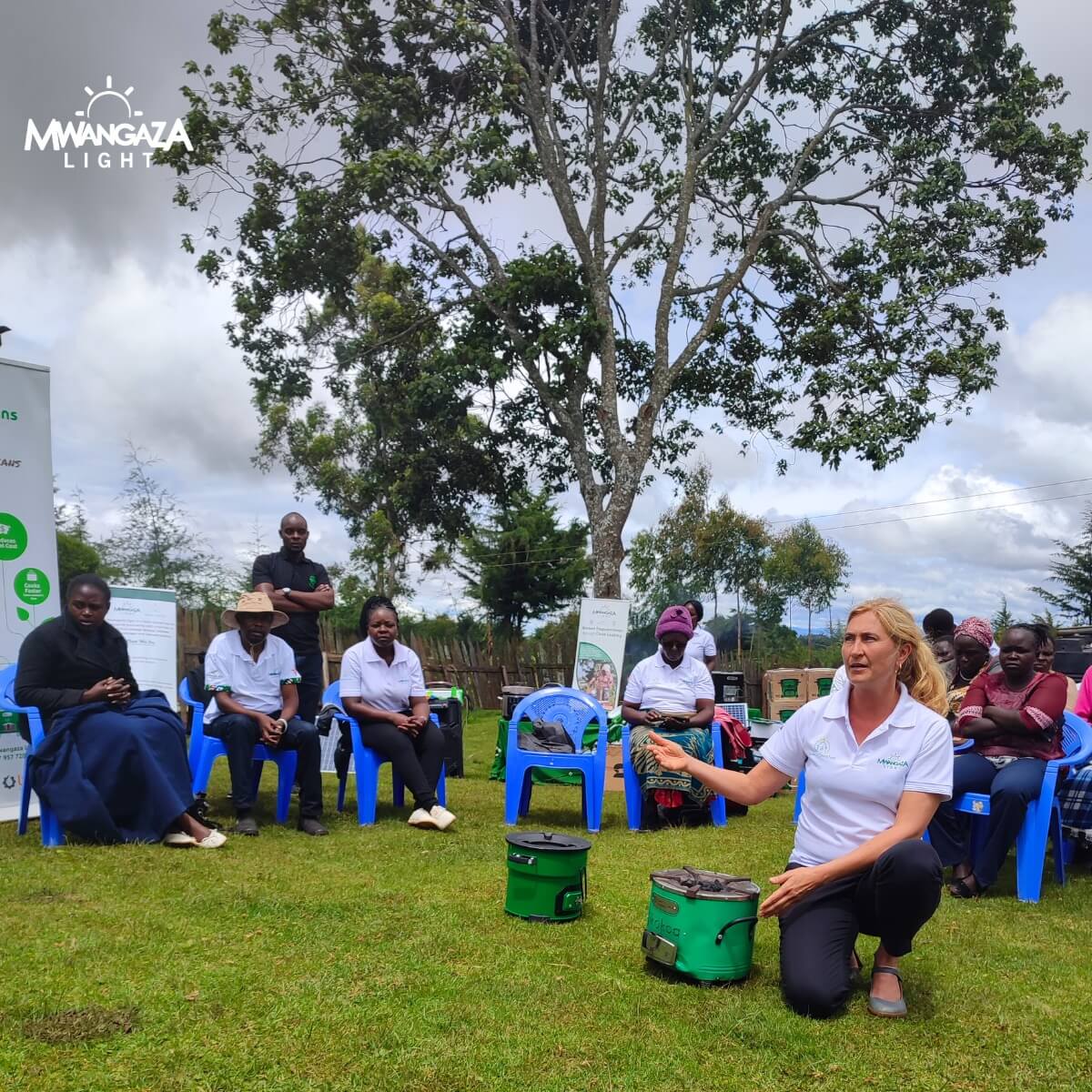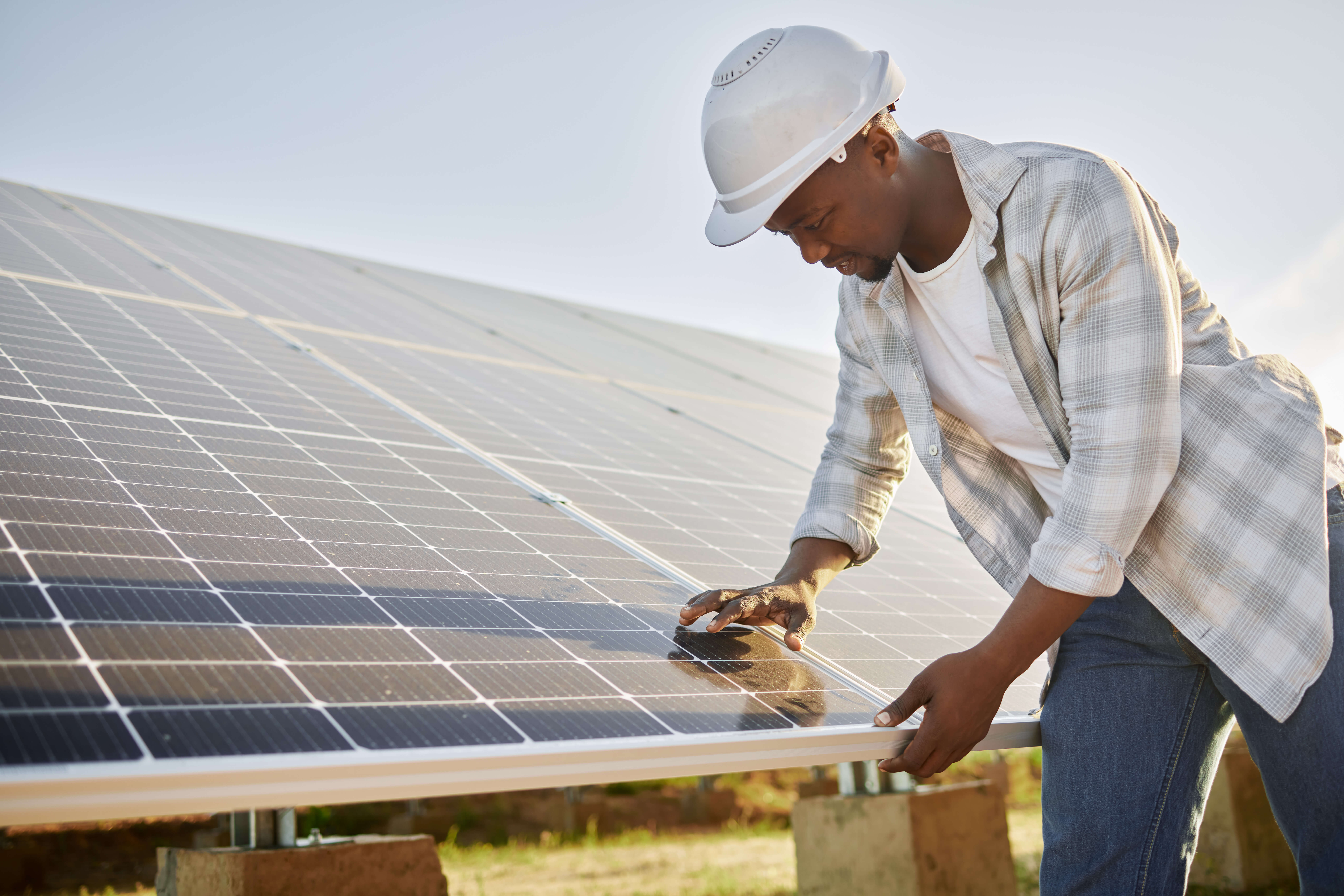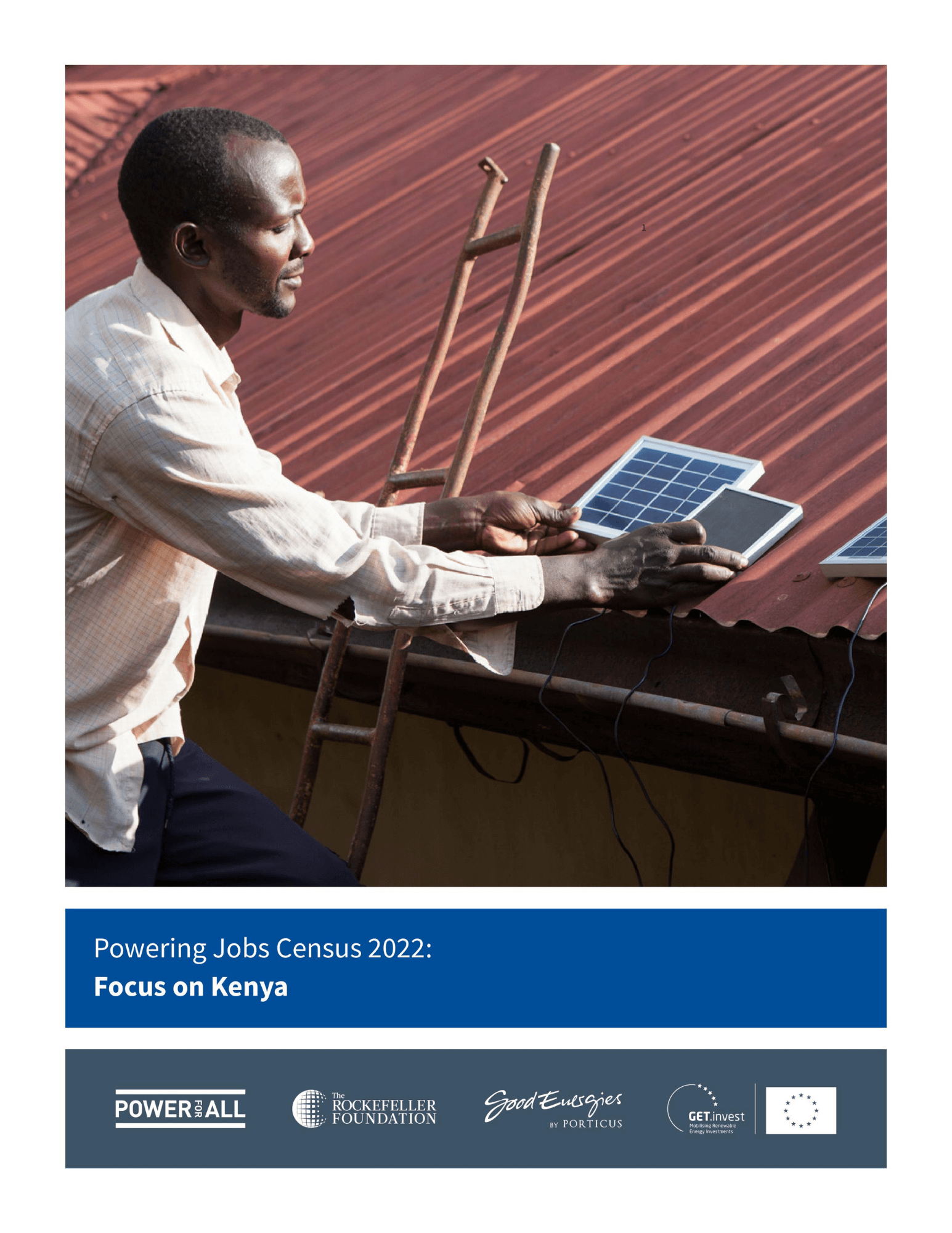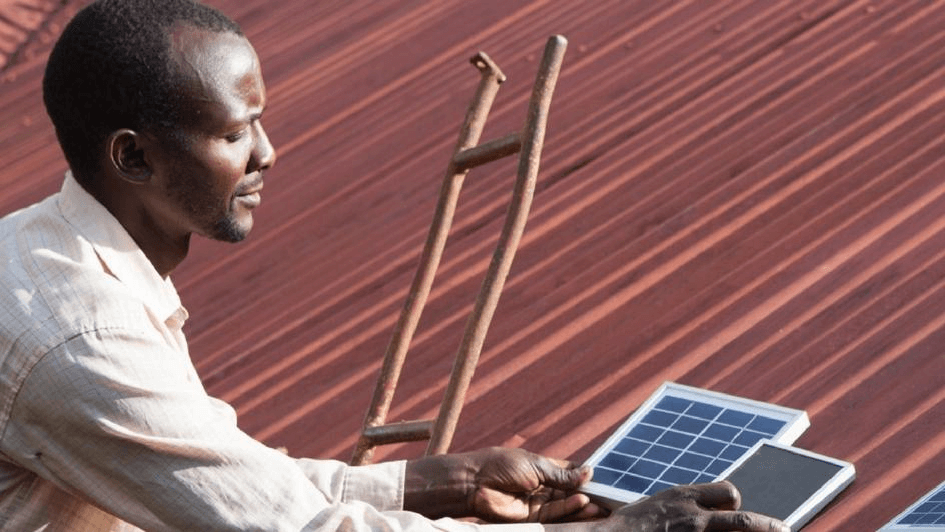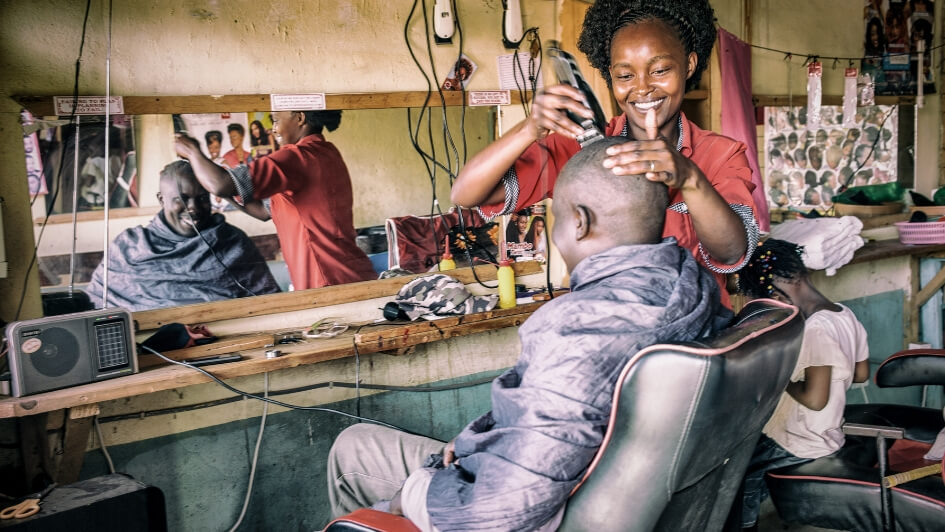Country
Kenya
Population
48.46 million
Energy Access
36%
People Without Electricity
31,014,400
The renewable energy sector, a growing and innovative industry, is improving career opportunities for women and youth. Reliable and clean power also empowers female entrepreneurs to start businesses, further promoting diversity within communities. On International Women’s Day we want to take a moment to celebrate some of these successes, focusing on East Africa and what these amazing women have achieved. The energy transition is more than a technological shift; it's a chance to enhance social and economic inclusivity. This year’s theme, Accelerate Action, stresses the importance of taking swift and decisive steps to achieve gender equality.
Catrine Shroff, an anthropologist turned entrepreneur, is transforming communities through her renewable energy initiative, Mwangaza Light. This venture meets the urgent need for sustainable energy solutions and promotes gender inclusivity in a sector ripe for growth. Her story is a powerful example of how distributed renewable energy can be a catalyst for community development and a center of opportunity for women in marginalized regions of the world.
Discover how distributed renewable energy (DRE) technologies are revolutionizing youth employment opportunities in sub-Saharan Africa and the Global South, addressing high unemployment rates and driving sustainable development.
Power for All
Power for All's country-level campaigns build powerful coalitions of companies and civil society organizations to champion the reforms needed to accelerate distributed renewable energy market growth and end energy poverty. We advise national governments, strengthen renewable energy industry associations, enhance collaboration among stakeholders, and work with the local media--helping everyone play their role in achieving universal energy access by 2025.
Download the Powering Jobs Census 2022: The Energy Access Workforce Kenya report to learn how the decentralized renewable energy sector is steadily recovering from the negative impacts of COVID-19. Almost 3,000 jobs were lost in 2020 and 2021 due to a decline in the sales of Solar Home Systems.
The Decentralized Renewable Energy (DRE) sector in Kenya has shown a strong rebound from COVID-19 and continues to create good and stable jobs while delivering clean and affordable energy to the 25 percent of the population living without access to electricity, a majority of whom are in remote rural areas.
Decentralized renewables have the potential to directly create up to 17,000 formal and 30,000 informal jobs in Kenya by 2022-23
